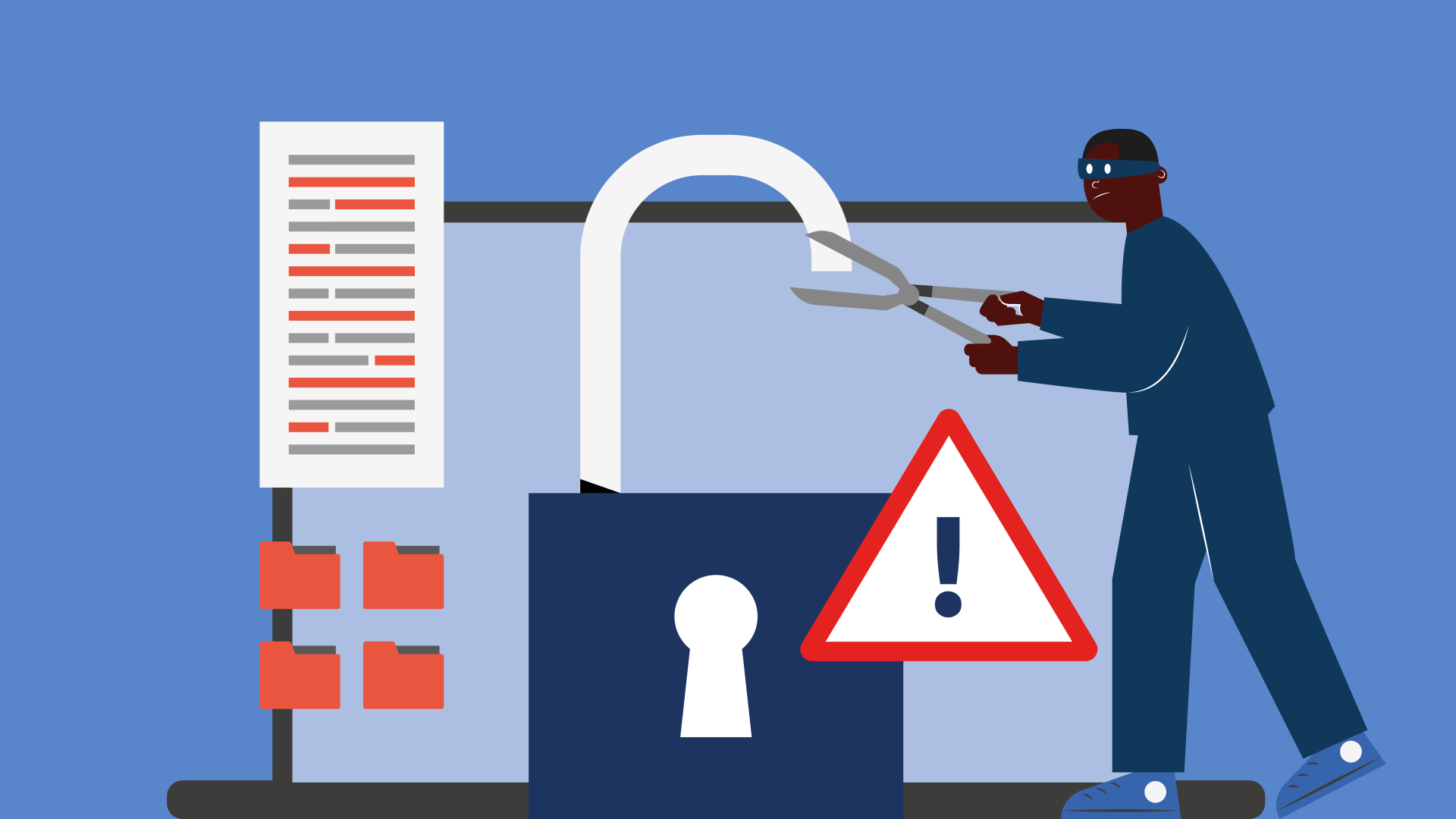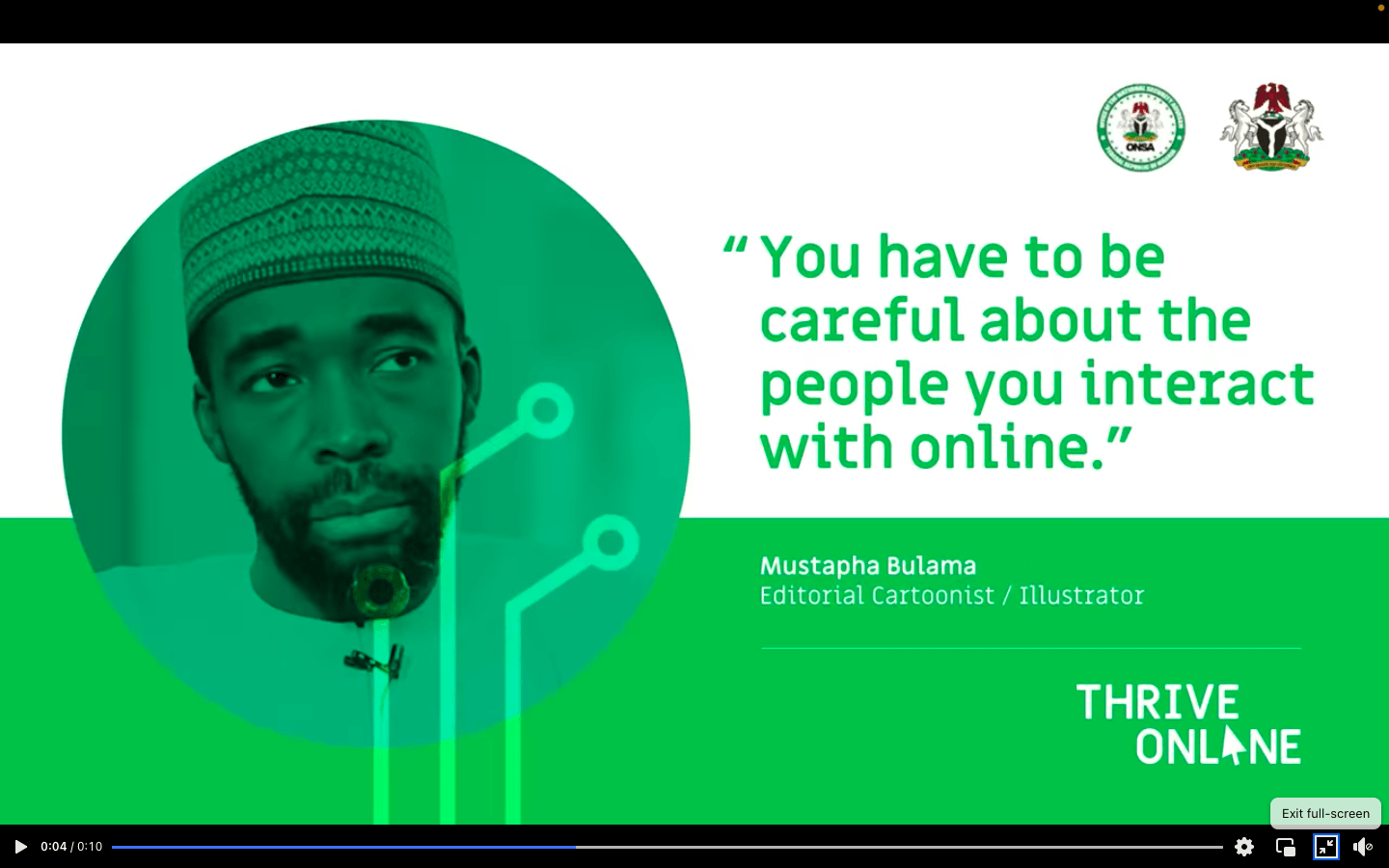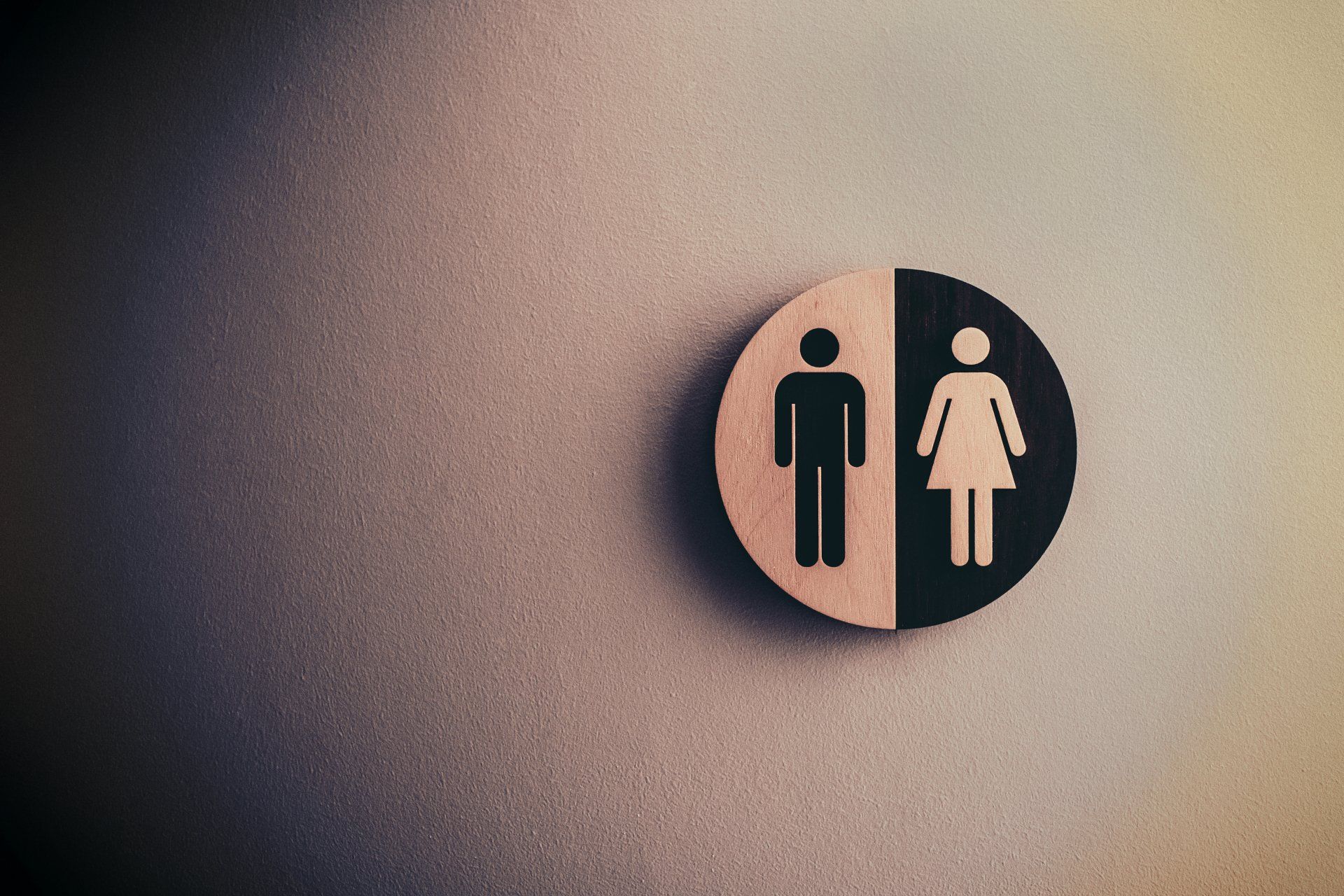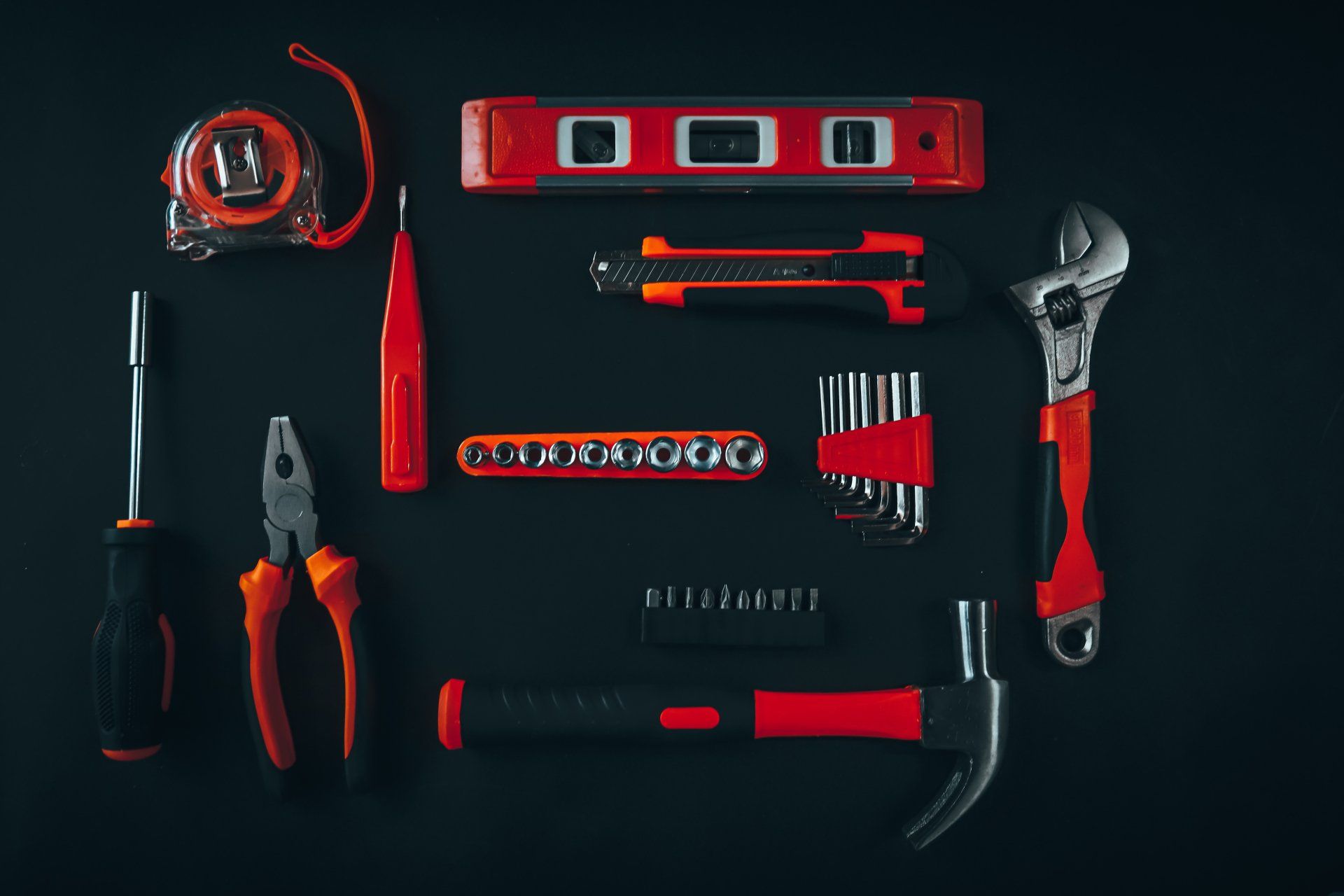Cyberspace needs to be a safe space
Cyberspace needs to be a safe space – for all of us (by Tope Ogundipe)
For many Nigerian women and girls, cyberspace is not always a safe place to be.
Every day, we can encounter misogyny, cyber stalking or harassment or be threatened with physical or sexual violence.
Research released last year suggested that, globally, 52% of young women had encountered online abuse. Personally, I think that – in reality – that figure is probably far higher here in Nigeria because there’s a culture of silence around these issues.
Under-reporting is a major concern as many women are afraid to speak up about their online experiences. And, frustrated by what they see as the slim prospects of any real justice being served, those who may be prepared to speak up simply don’t bother to.
I recently led a focus group with a small number of young women. I wanted to speak to them about online gender-based violence (GBV). Initially, none of them admitted to experiencing this.
So, I told them my own story. I told them how, having previously been active on Twitter, I’d gradually removed myself from the platform because I found it too toxic. Although I don’t think I was especially vocal with my views on the problem of GBV, I nevertheless attracted unwanted attention in a way that plenty of other activists, feminists, female journalists and politicians would have recognised.
I was constantly attacked, threatened and called names online. It was uncomfortable and, as a result, I began to limit my Twitter activity significantly.
The danger of self-censorship
After I’d told my story, the women in the focus group began to open up. One by one, they started sharing similar experiences of harassment and threats. Having not wanted to own up to this previously, it turned out that more than half the group were self-censoring; dramatically limiting their online exposure. Some had quit their favourite online platforms altogether.
That’s damaging for us as a country if the same barriers that women face in society – missing out on opportunities for education, personal development or prosperity – are now being replicated in the online space.
Africa already has one of the widest digital gender gaps in the world (and it’s growing more rapidly than elsewhere), meaning far fewer women access and use the internet than men. As an example, in sub-Saharan Africa, only one woman out of three has access to the mobile internet, compared with one man in two. The digital economy could and should be a route out of poverty for the many women who are intent on forging their own path. We should therefore be trying to narrow that gap, not letting it widen.
That’s why the prospect of women who are currently active online deciding that they need to step away because they don’t feel safe is absolutely unacceptable.
Sadly, our online world reflects our wider society. We know that we need to do more to combat the culture of violence against women that is prevalent in Nigeria. That culture is rooted in deep gender inequality and patriarchy and because it already exists, it was easy enough for those harmful ideas and beliefs to transfer themselves online when the opportunity arose.
Digital technologies have benefited our society in so many ways – but they’ve also expanded the types of harassment that women can face and the volume of threats we can experience. Needless to say, that volume increased still further when the pandemic struck and isolation measures forced people to spend even more time online.
Increasing our efforts
So what’s the answer? Well, we need more effective laws in place to address online GBV – and they need to be implemented consistently. We need training for our law enforcement officers and judiciary so they can respond appropriately and in a survivor-centred way when these crimes take place. We need more communication to raise awareness of this issue, to make sure it’s taken more seriously. We need more support services and better reporting mechanisms.
We need the digital platforms themselves to improve their existing policies and to invest more in regulation and moderation to ensure that women are no longer targeted by unacceptable behaviours. There should be safeguards for ensuring women don’t feel vulnerable on these platforms and platform owners should be held to account if women do feel threatened. And where abuse does occur, there should be improved reporting and complaints mechanisms so that women get swift access to justice.
We need to tackle the big cultural issue around GBV in Nigeria, in all its forms. Where programmes exist, we now need to expand these to include online GBV, rather than isolating the physical aspects alone.
And we need to do all of this holistically; thinking of all the various, inter-connected issues and developing an operational plan that tackles them all, committing suitable levels of resource and setting clear targets for what we hope to achieve.
I wish more progress had been made on this front already but, throughout history, many civil rights movements have followed this same path. What starts with low-level awareness gradually builds momentum as more research becomes available, more advocates lend their voices to the cause and, eventually, society pays more attention.
We’re not currently paying enough attention to this issue but through platforms like the Thrive Online campaign and with well-funded, comprehensive plans in place, that can change. It has to change.
Based in Lagos, Tope Ogundipe is an expert in digital inclusion and human rights, working with organisations to ensure that their technology programmes, products and services are inclusive and create social impact. She’s currently working with the Digital Access Programme, which aims to help provide excluded and under-served Nigerian communities with inclusive, safe and secure digital access.











